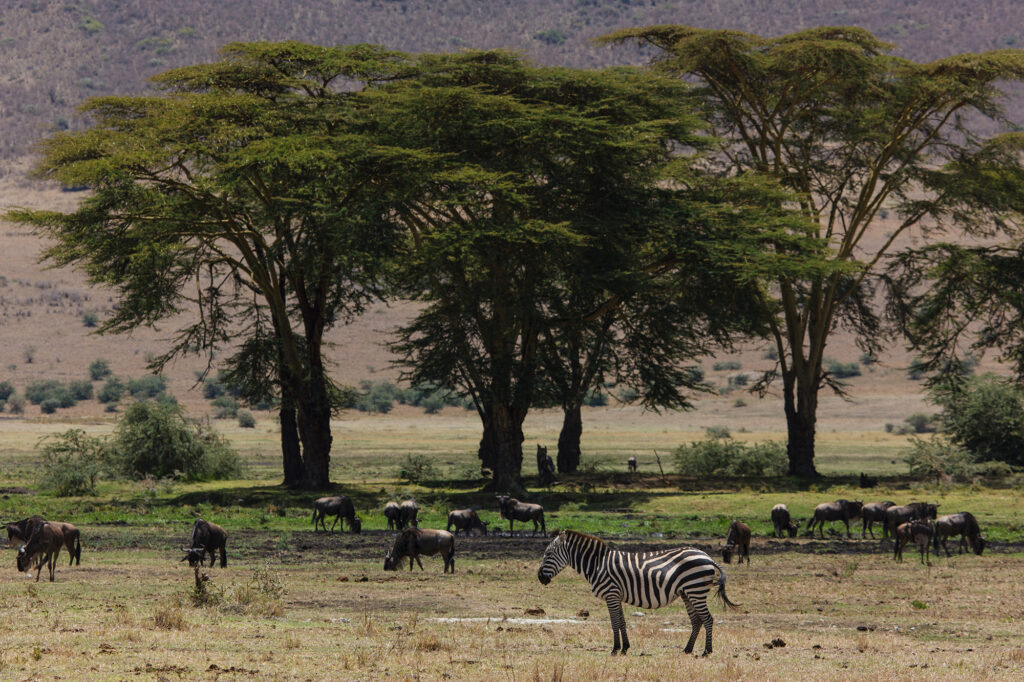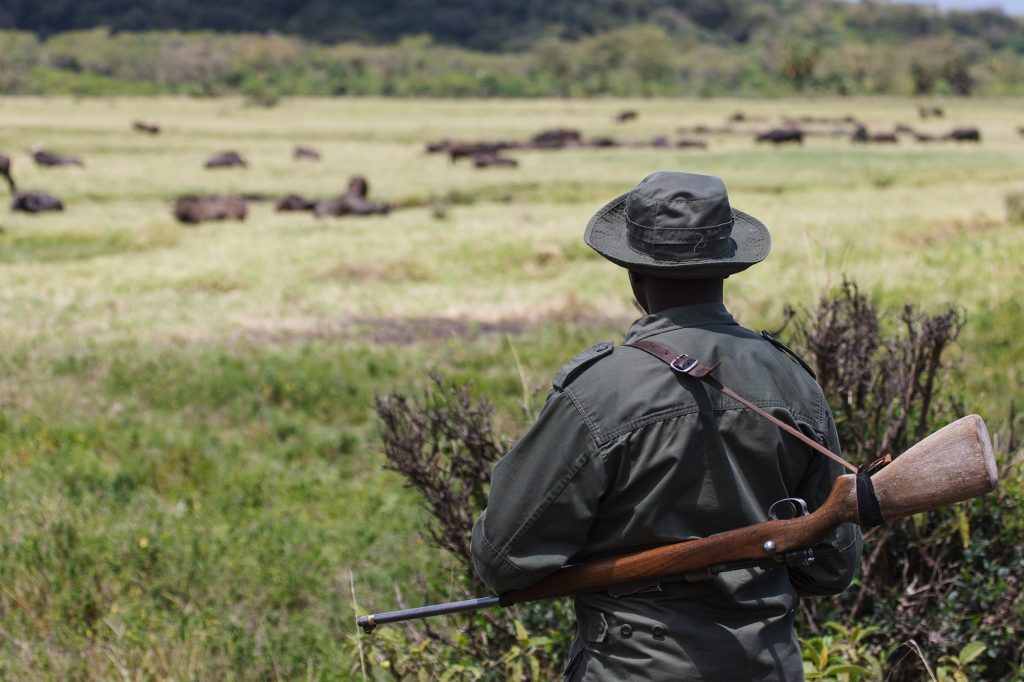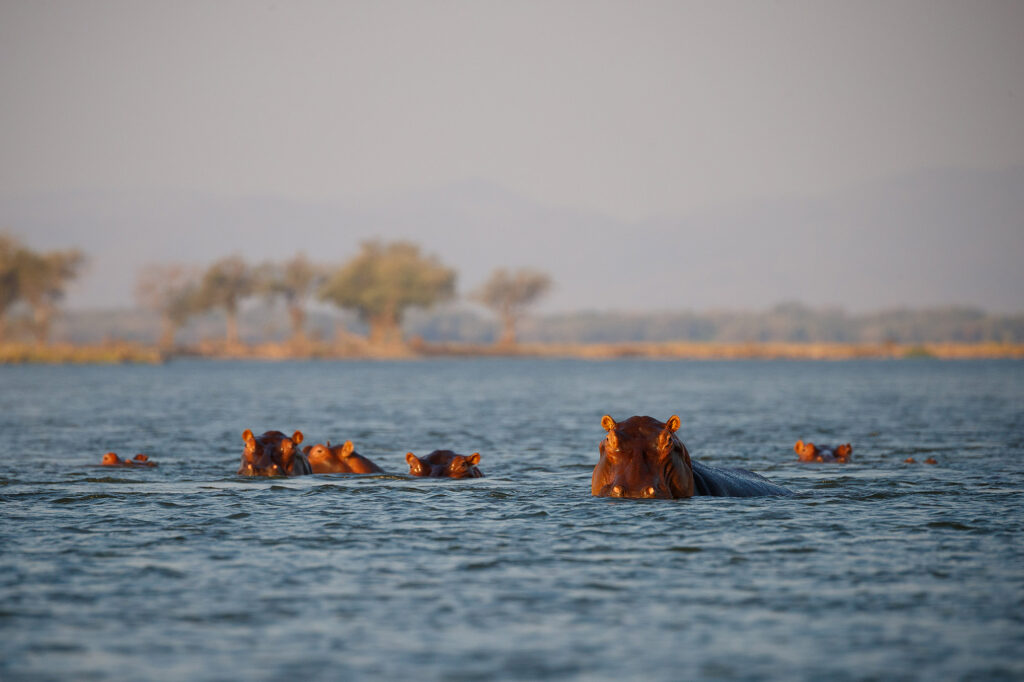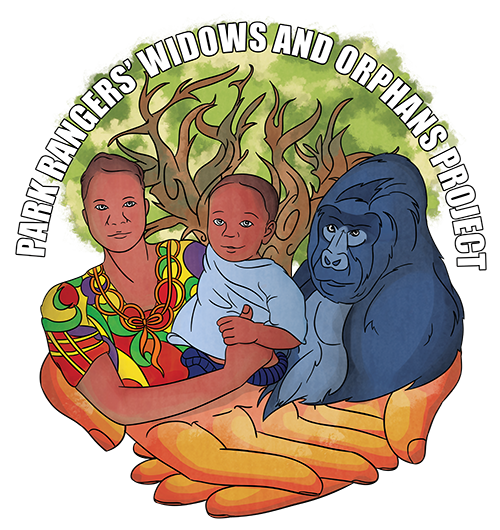On International Rangers Day, 31 July 2020, Renew SCIO and their partner project PRWOP facilitated a small, locally led, peer group discussion for rangers to share experience and information. Sonya Willett and Charles Etoru offer some insight into the unprecedented challenges that park rangers and their families are now facing due to COVID-19.
Park rangers in Africa’s National Parks are facing unprecedented challenges due to COVID-19. With the loss of alternative livelihoods, ex-poachers and park boundary communities are turning back to the parks for food, timber and illegal hunting for income. Rangers, wardens and wildlife officers protecting the parks from this surging encroachment are at increasing personal risk of being shot and higher risk of being exposed to the virus due to making arrests without suitable protective equipment.
Local communities are being forced deeper into poverty due to COVID restrictions limiting the means to generate livelihoods along with the reduction of tourism, to nil in some areas, having a wide-reaching impact. Even the value of local goods, services and food crops has plummeted as supply exceeds ‘market demand’. People with nowhere else to turn for the parks for survival.

“The African tourism industry is worth almost $30billion a year and employs almost four million people.”
It is a desperate position to be in for everyone. For many of the rangers this is highly personal, they know the parks, they care about them and the communities. Arrests they are having to make can be of people they know and worked with in the communities only months ago. Relationships forged with community leaders working together to support conservation and the community’s welfare are being sundered and the rangers themselves, because they are known, become easy targets for retaliation when tensions get too high.
Their skills in managing community relationships, protecting parks and wildlife, supporting communities and conservation projects are being stretched to the limit. Without tourism, the income to the parks, service providers, guides, porters and local places of interest has virtually ceased. At the same time, there is talk of funding cuts and job losses. Just when they need more help, more feet ‘on the ground’ these additional losses will hit them hard – and leave those remaining at even higher risk.

“Sometimes poachers pay financially struggling families to help them. With people losing work, the poachers take advantage of this.”
While international charities are seeing their funding severely cut, our means of supporting our partners, the widows and orphans of rangers, some of the most vulnerable people in society, is also being reduced. The wider economic issues will require broad international and governmental cooperation, jump starting tourism and the economy again will be no small task. Meanwhile, the rangers are looking to each other for support. To exchange information, share experiences, learn from each other and seek new ways to manage extremely difficult situations in these unprecedented times.
We can make a difference by supporting them to organise and strengthen their network. Many of them work remotely at great distance from other teams but the technology is available, they only need access and facilitated support to carry it forward. Africa’s national parks are part of National World Heritage. They are unique and iconic. They are also under increasing pressure from population growth, climate change, desertification and now the impact of COVID-19. Supporting the people who are on the front line of protecting the parks and wildlife is essential to the future of these protected areas and the communities they are part of.

“Initially, the lockdown had a positive impact on wildlife in popular national parks, however as visitors dwindled, these parks became an attractive hunting ground for poachers.”
The recent onslaught is inevitably pushing these conservation areas closer towards oblivion. As an international community, if we want these extraordinary areas of natural diversity and the people who protect them to survive the impact of COVID, we need to consider the wider picture. As one ranger stated, “we have to protect the parks and the communities, or we will have no wildlife and no communities to work with when this is over”.
By enabling the rangers on the ground, those on the frontline of both wildlife protection and community engagement, we are supporting a key role in the fight against the impact of COVID but also in supporting the inter-relationship between nature and people.
All photos generously provided by Marco Kost. Copyright protected.
If there is any support you can offer or are interested in cooperative efforts towards this common goal, please contact them on info@prwop.org.
References
- 13 April – https://www.nationalgeographic.co.uk/environment-and-conservation/2020/04/poaching-threats-loom-wildlife-safaris-put-hold-due-covid-19
- 16 April – Coronavirus: Fears of spike in poaching as pandemic poverty strikes
- 07 May – film How the Covid-19 pandemic is threatening Africa’s wildlife – BBC News
- 21 May – https://www.bbc.com/future/article/20200520-the-link-between-animals-and-covid-19
- 15 June – film What’s Causing the Spike in Rhino Poaching?
- 20 July – film Report – Mountain Gorillas at greater risk of poaching due to Covid – BBC World News/UK News Channel
- 30 July – https://www.aljazeera.com/news/2020/07/uganda-poacher-killed-rare-gorilla-11-years-jail-200730112507761.html
- 13 July – https://www.nationalgeographic.co.uk/animals/2020/07/pandemic-induced-poaching-surges-in-uganda
- 31 July – Coronavirus: How the pandemic could fuel illegal poaching across Africa
- 10 August – Poaching in the pandemic
- 11 August – Poaching reaches unprecedented levels

